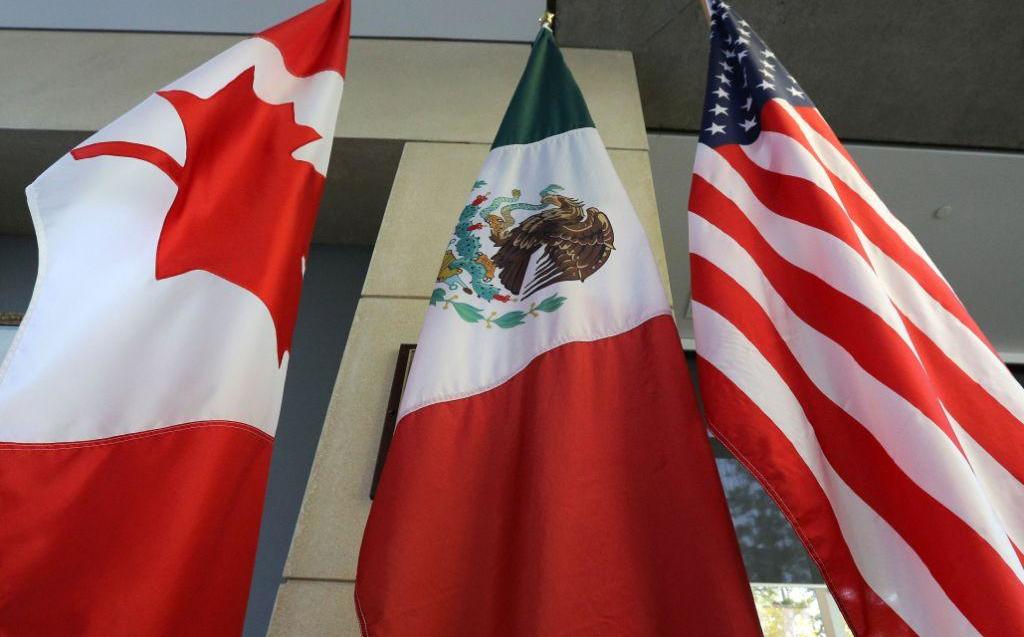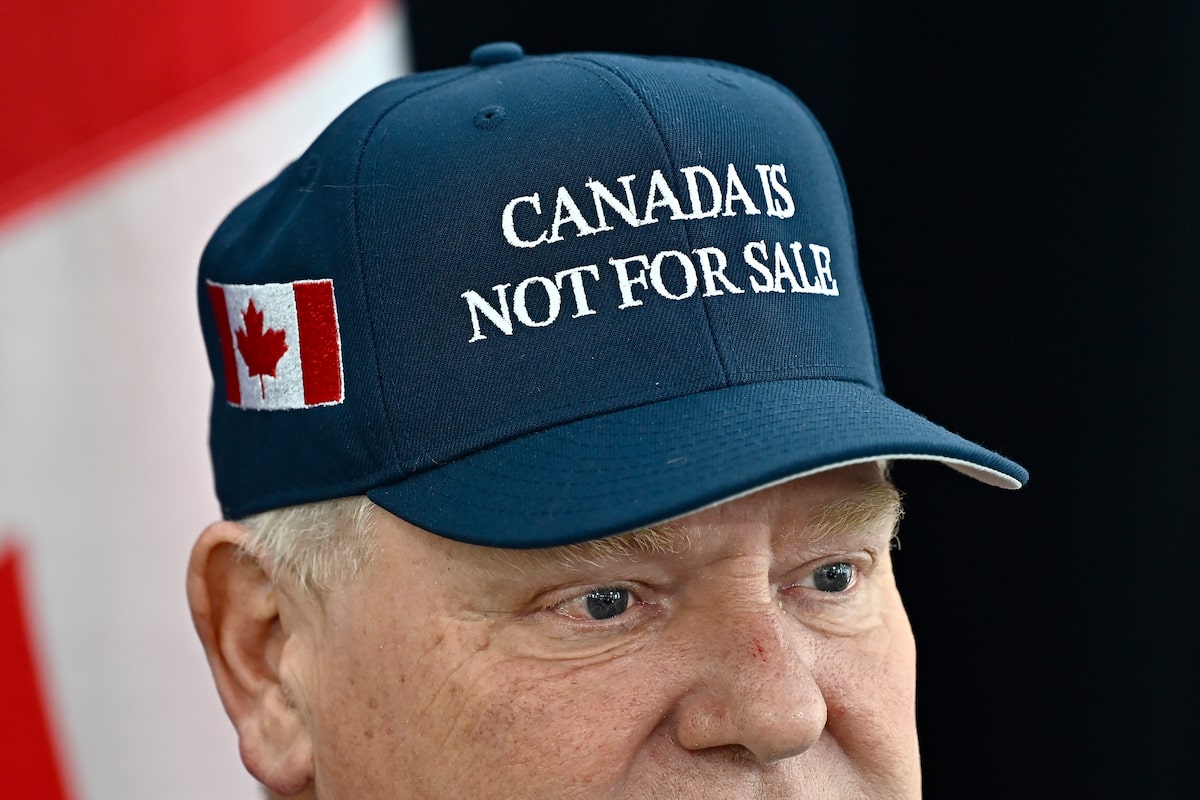Trump Delays EU Tariffs Until July 9th: What It Means

Table of Contents
The Tariff Delay: A Temporary Reprieve or a Strategic Maneuver?
The Trump administration's decision to delay the implementation of tariffs on European goods, specifically those related to the long-running dispute over Airbus subsidies, until July 9th, has sparked considerable debate. This delay, while offering a temporary reprieve from further trade war escalation, raises questions about its underlying motivations.
-
A Brief History of Escalating Tensions: The US and EU have been locked in a tit-for-tat trade dispute for years, primarily centered around accusations of illegal subsidies provided to Airbus by European governments and Boeing by the US government. The WTO has ruled in favor of both sides, leading to authorized retaliatory tariffs.
-
Specific Tariffs Delayed: The delay affects tariffs previously announced on a range of European goods, including those related to the Airbus subsidy dispute, which were initially scheduled for implementation earlier this year. The exact list of products and the value of the tariffs involved are substantial and impact various industries.
-
Reasons Behind the Delay: Several factors could explain the delay. Ongoing negotiations between the US and EU could be a key driver, suggesting a potential desire to find a negotiated settlement. Political considerations, both domestically in the US and within the EU, may also play a significant role. Furthermore, domestic pressures from businesses impacted by the tariffs likely influenced the decision.
-
Expert Opinion: Experts are divided on the significance of the delay. Some view it as a genuine attempt to de-escalate tensions and find a compromise, while others see it as a strategic maneuver to exert further pressure or buy time before implementing even more impactful tariffs. Statements from officials on both sides are closely scrutinized for hints regarding the future direction of these trade negotiations.
Impact on Businesses
The initial announcement of the tariffs, even before the delay, significantly impacted business planning and investment decisions across various sectors. The uncertainty created by the ongoing trade war forces businesses to constantly reassess their strategies.
-
Supply Chain Disruptions: Companies reliant on imports and exports between the US and EU faced potential disruptions to their supply chains, leading to increased costs and delays. The delay offers a temporary reprieve, but the uncertainty persists.
-
Impact on Specific Sectors: Industries like aerospace, agriculture, and automotive are particularly vulnerable to the trade dispute. The delay provides some breathing room, but the continued threat of tariffs casts a long shadow over long-term investment strategies.
-
Adapting to Uncertainty: Businesses are employing various strategies to navigate this uncertain environment, including diversifying their supply chains, hedging against currency fluctuations, and lobbying their governments for support. The need for agility and adaptability has become paramount in the face of these unpredictable trade policies.
The Ongoing Trade Disputes: What's at Stake?
At the heart of the US-EU trade conflict lies a long-standing dispute over alleged illegal subsidies provided to aircraft manufacturers Airbus and Boeing. The WTO has issued rulings against both, but the implementation of retaliatory tariffs has led to an escalating trade war.
-
Core Issues: The core issue revolves around government support given to both Airbus and Boeing. Both sides accuse the other of receiving unfair advantages that distort the market.
-
WTO Rulings: The WTO's rulings have legitimized the imposition of tariffs on both sides, but the scale and scope of these tariffs remain a point of contention. The rulings represent a significant part of the legal basis for the ongoing trade war.
-
Potential for Escalation: Failure to reach a negotiated settlement could lead to further escalation of the trade war, with both sides imposing additional tariffs or other trade restrictions. Such an escalation could significantly disrupt global trade and economic growth.
-
Implications for the Global Trading System: The US-EU trade dispute has broader implications for the global trading system. The challenge to the WTO's authority and the use of retaliatory tariffs raise concerns about the future stability of multilateral trade agreements.
Looking Ahead: What Happens After July 9th?
The period following July 9th is crucial. Several potential outcomes exist, each with significant ramifications for businesses and the global economy.
-
Potential Outcomes: A negotiated settlement is a possibility, potentially involving a reduction or elimination of tariffs and a commitment to address the underlying concerns about subsidies. Alternatively, the US could impose the previously announced tariffs or even escalate the trade war with additional measures.
-
Factors Influencing Future Trajectory: Political developments in both the US and the EU, as well as ongoing negotiations and the posture of both sides towards compromise, will significantly influence the outcome. The WTO's role and any further legal challenges will also play a part.
-
Impact on Global Economic Growth: The prolonged trade dispute between these economic giants negatively impacts global economic growth. The outcome after July 9th will significantly determine the extent of this impact, with a negotiated settlement offering a more positive outlook.
Conclusion
The delay of EU tariffs until July 9th offers a brief pause in the escalating trade war between the US and EU, but the underlying tensions remain. The impact on businesses and the global economy will depend significantly on the outcome of ongoing negotiations. The uncertainty surrounding the future of US-EU trade relations necessitates careful monitoring and strategic adaptation by businesses operating within this critical transatlantic trade relationship.
Call to Action: Stay informed about the developments concerning Trump's EU tariffs and the future of US-EU trade relations. Follow our updates on this crucial issue to understand the implications for your business and the global economy. Understanding the implications of Trump's decisions on EU tariffs is crucial for navigating the ever-changing landscape of international trade.

Featured Posts
-
 Oleh Oleh Kuliner Khas Bali Temukan Pilihan Unik Selain Pie Susu
May 28, 2025
Oleh Oleh Kuliner Khas Bali Temukan Pilihan Unik Selain Pie Susu
May 28, 2025 -
 Prakiraan Cuaca Jawa Tengah 24 April 2024 Antisipasi Hujan
May 28, 2025
Prakiraan Cuaca Jawa Tengah 24 April 2024 Antisipasi Hujan
May 28, 2025 -
 Marlins Defeat Nationals Stowers And Conine Lead The Charge
May 28, 2025
Marlins Defeat Nationals Stowers And Conine Lead The Charge
May 28, 2025 -
 National Lottery Five Days Left To Claim 300k Euro Millions Jackpot
May 28, 2025
National Lottery Five Days Left To Claim 300k Euro Millions Jackpot
May 28, 2025 -
 Analysis Trumps Threat To Re Allocate Harvards Grant Money
May 28, 2025
Analysis Trumps Threat To Re Allocate Harvards Grant Money
May 28, 2025
